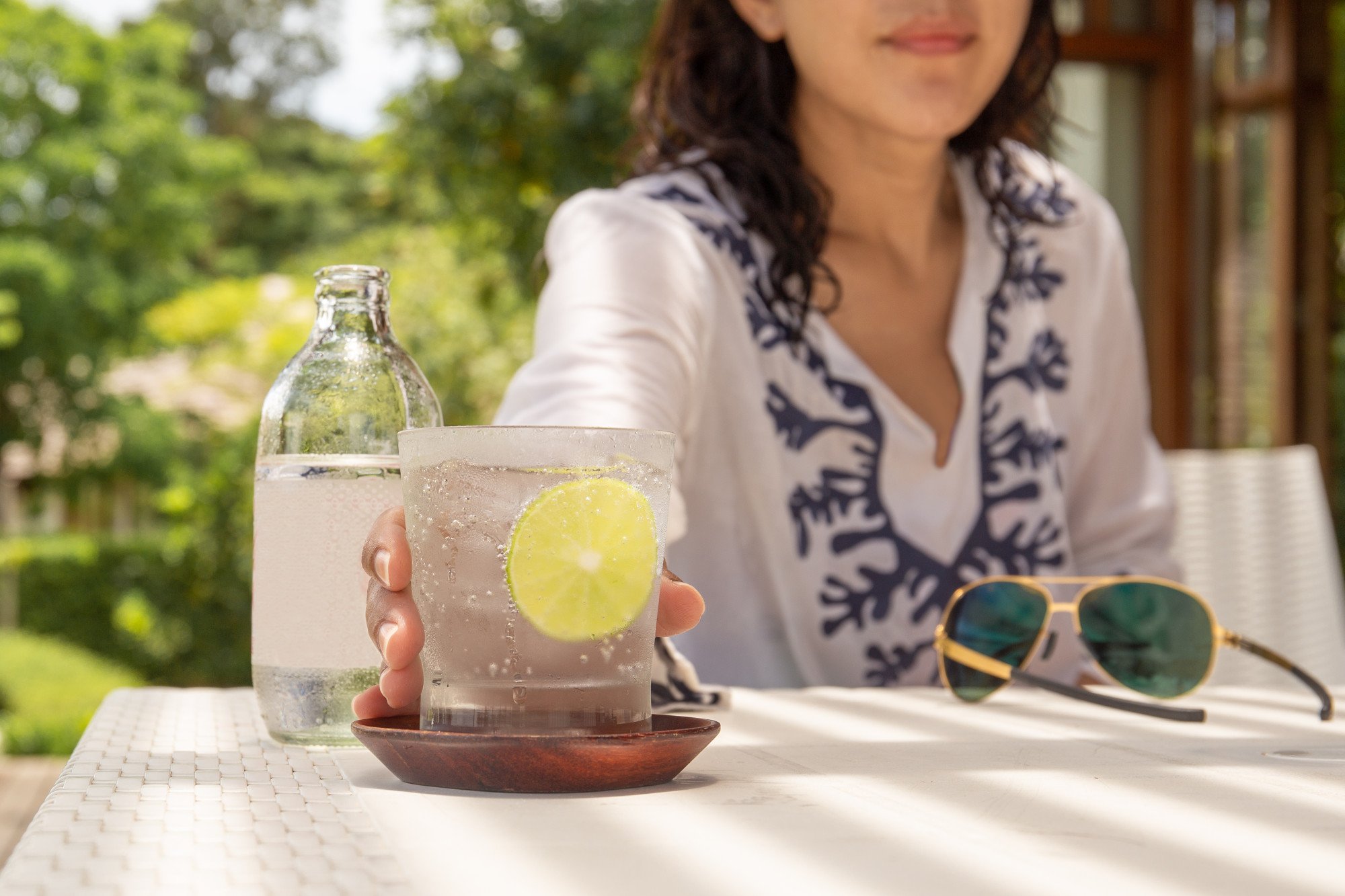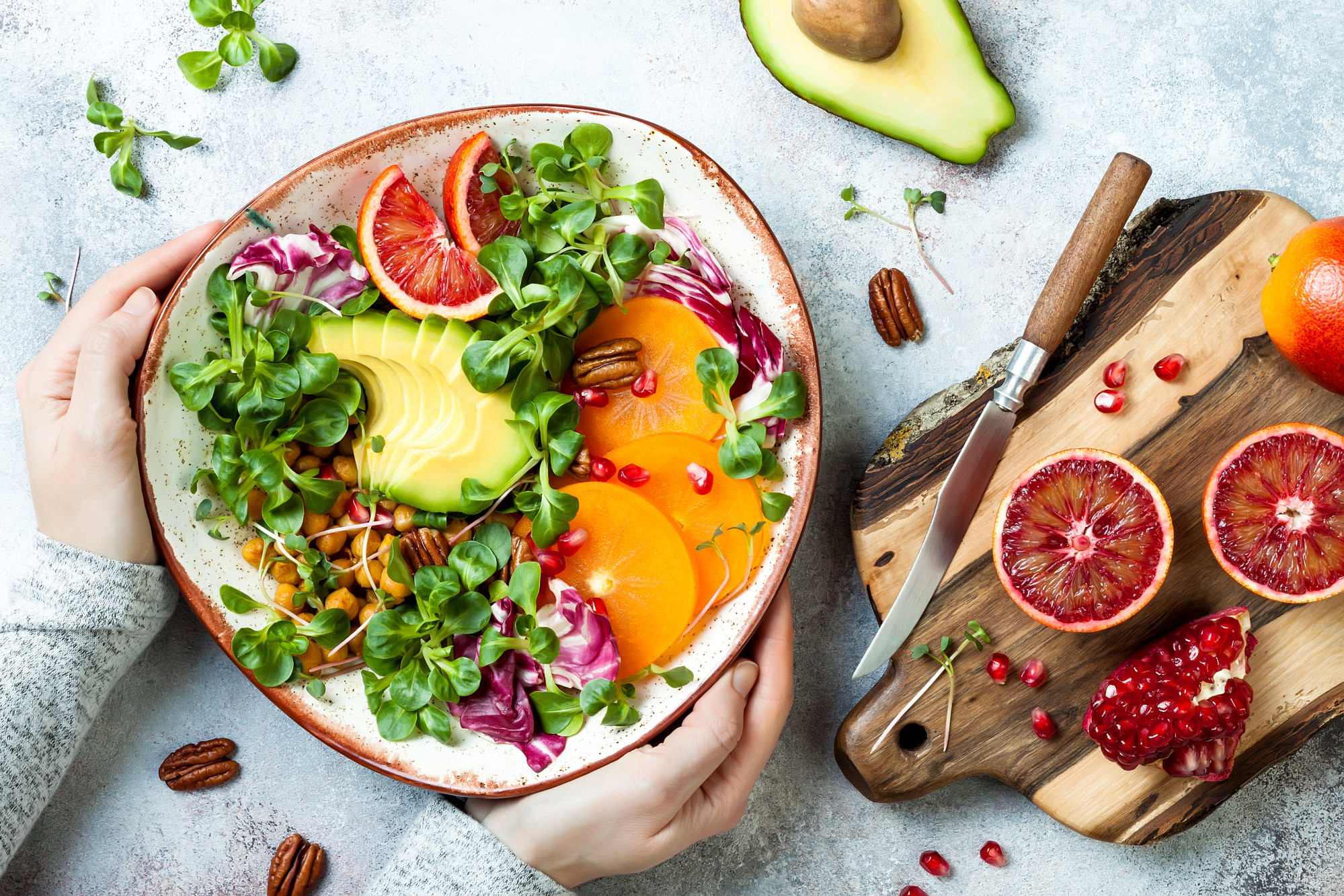
How to lower cancer risk by up to 30 per cent? Exercise, eat more whole plant-based foods, and avoid drinking alcohol, scientists say
- In the world’s Blue Zones where people live longest, those with specific lifestyle habits – chief among them staying active – tend to have lower rates of cancer
- Other habits, validated by new research, include eating whole plant-based foods, quitting the drinking of alcohol and limiting the consumption of sugary drinks
In Blue Zones – parts of the world where residents live exceptionally long lives, often 100 years or more – it is well documented that those with specific lifestyle habits tend to have lower rates of cancer.
Chief among those habits are consuming an abundance of whole grains, fruit and vegetables, staying physically active, maintaining a healthy weight and avoiding alcohol and tobacco.
Can adopting these – and other – practices help slash the risk of getting cancer for people in other places? And if so, by how much?
New research by Newcastle University in the UK put common and well-known cancer-reducing recommendations to the test. The study, published in the journal BMC Medicine in November, attempted to validate the 10 guidelines for reducing cancer that the World Cancer Research Fund (WCRF) and the American Institute for Cancer Research (AICR) issued in 2018.

What are the 2018 WCRF/AICR cancer prevention recommendations? And how can you make them a part of your healthy lifestyle? Here is what we found out:
1. Be a healthy weight
Maintain a weight as low as possible within the healthy range throughout your life, and avoid weight gain (measured as body weight or waist circumference) throughout adulthood.
For a long and healthy life, eat, sleep, feel and exercise the right way
A BMI of 20-25 is considered healthy for most adults.

2. Be physically active
Dr Eugene Kwan, a family doctor in Central, Hong Kong, says studies have demonstrated the substantial impact of regular exercise in preventing several types of cancer, particularly breast and colon cancer.
He explains how physical activity can have protective effects.
How short bursts of exercise can protect against cancer, heart disease
“It can assist with weight management and reduce the risk of obesity, which is a known risk factor for some cancers.
Regular physical activity can help regulate hormone levels, including oestrogen and insulin, Kwan adds.

“Higher oestrogen levels have been linked to an increased risk of breast and endometrial cancers. Regular exercise decreases the levels of circulating oestrogen, reducing the risk of hormone-dependent cancers.
“Plus, exercising can improve insulin sensitivity, reducing the risk of insulin-related cancers like colorectal and pancreatic cancer,” Kwan says.
Physical activity also maintains digestive system health, he adds, reducing the contact time of any potential carcinogens in our colon and lowering the risk of colorectal (bowel) cancer.
‘Fitter than ever’: she feels benefits of a whole food, plant-based diet
3. Eat a diet rich in whole grains, vegetables, fruit and beans
These foods are key elements of a whole-food, plant-based diet, which can be powerful for cancer risk reduction, says Dr Anna Herby, a dietitian and nutrition education specialist at the Physicians Committee for Responsible Medicine in the United States.
“Cruciferous vegetables (broccoli, cauliflower, Brussels sprouts, cabbage) are especially powerful for helping your body fight cancer cells.”
The diet’s high fibre content helps to remove excess hormones associated with breast and prostate cancer and, in the case of colorectal cancer, fibre reduces the ability of cancerous compounds to be in contact with the cells lining our digestive tract, she adds.

4. Limit consumption of ‘fast foods’ and other processed foods high in fat, starches or sugars
These include many prepared dishes, snacks, bakery products, and desserts and confectionery.
Herby says that such foods are often low in nutrients and high in calories, leading to weight gain, which can increase cancer risk. These foods may also contain additives and chemicals not naturally found in whole foods, which can interfere with our health.
Gene study nails down red meat diet’s link to colorectal cancer
5. Limit consumption of red and processed meat
The WCRF and AICR recommend eating no more than three portions of red meat, such as beef, pork or lamb, per week. This is equivalent to about 350g to 500g (about 12 to 18 oz) cooked weight of red meat. The guidelines also state to eat little, if any, processed meat.
Herby says that red and processed meats are some of the foods most associated with increased cancer risk.
6. Limit consumption of sugar-sweetened drinks

These include many soft drinks, energy drinks and juices with added sugar. Consume mostly water and unsweetened drinks instead.
7. Limit alcohol consumption
“The International Agency for Research on Cancer (IARC) classifies alcohol as a Group 1 carcinogen, which means it carries the highest risk of causing cancer, alongside substances such as asbestos, radiation and tobacco,” says Kwan.
The link between alcohol consumption and various types of cancer is well established, he says. It is a risk factor for cancers of the mouth, throat, larynx, breast and gastrointestinal tract.
One year without alcohol: how my life has changed
“It’s worth noting that any type of alcohol increases the risk of developing cancer,” he adds.
“While stopping or reducing alcohol intake does not immediately result in a reduction of cancer risk, over time, the risk gradually decreases.”
8. Do not use supplements for cancer prevention
High-dose dietary supplements are not recommended for cancer prevention. Aim to meet your nutritional needs through diet alone.
Too few mums are breastfeeding. These women are doing something about it
9. For mothers: breastfeed your baby, if you can
10. After a cancer diagnosis, follow the recommendations, if you can
Check with your health professional about what is right for you, the guidelines state.

The Newcastle study’s results
The researchers from Newcastle excluded the guidelines on avoiding cancer-fighting food supplements and breastfeeding, as there was insufficient data for these categories. The study did not include people with a cancer diagnosis at the outset, so the 10th guideline was also excluded.
Participants received a score based on their adherence to the top seven recommendations. The average score was 3.8 out of 7. During the study, 7,296 participants (eight per cent) developed cancer.
We need new ideas to beat cancer, top experts say. Here’s what they suggest
For each recommendation followed, participants reduced their cancer risk by seven per cent. Additionally, each one-point increase in adherence score was associated with a:
-
10 per cent lower risk of breast cancer
-
10 per cent lower risk of colon cancer
-
18 per cent lower risk of kidney cancer
-
16 per cent lower risk of esophageal cancer
-
22 per cent lower risk of liver cancer
-
24 per cent lower risk of ovarian cancer
-
30 per cent lower risk of gallbladder cancer

